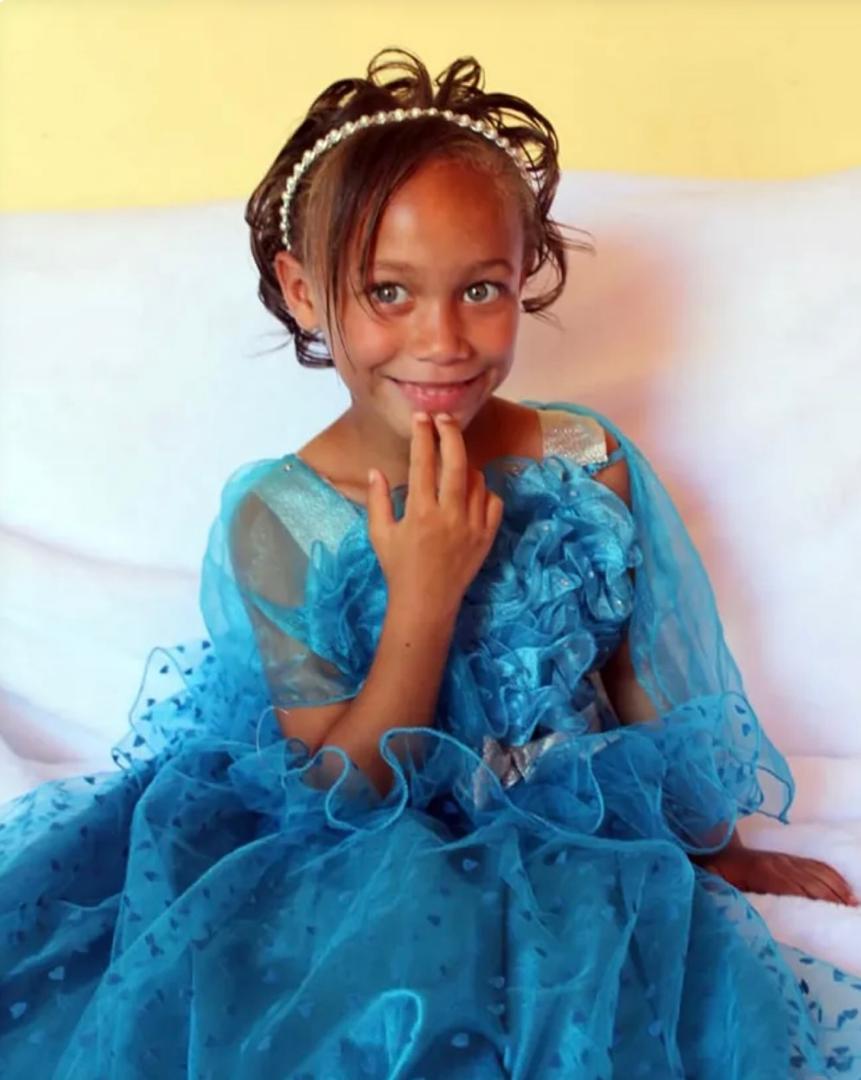IN March 2009 the Southern African Development Community (SADC) suspended Madagascar’s membership from the regional grouping until the country returned to a constitutional order. This was after a former bar and nightclub DJ, the youthful Andry Rajoelina, with the help of the army, took over the Presidency from Marc Ravalomanana, who was elected in December 2006.
SADC further stated that if Rajoelina refuses to relinquish power to Ravalomanana, the regional bloc would recommend imposing sanctions against Madagascar. The continental body, the African Union (AU), took similar drastic steps against Madagascar. There is no doubt that the Rajoelina and the army orchestrated a coup, and the actions and decisions by the AU and SADC should be welcomed. This was the first time that SADC suspended a member country for violating the SADC Treaty, but it was not the first time that such an opportunity arose. After almost a decade of turmoil, Zimbabweans went to the polls to elect new leaders in March 2008. Two presidential candidates, Robert Mugabe and Morgan Tsvangirai had to square off in a run-off election as both failed to obtain a required 51 per cent or more of the popular vote. The campaign leading up to the run-off elections, which were held in June 2008, were marred with violence to the extent that Tsvangirai pulled out of the election. Mugabe continued with the elections, running only against himself, and of course won as he only had himself to compete against. All sane people saw the run-off elections for what they were. Even an organ of SADC – the Election Observer Mission – stated that the environment prevailing during the elections ‘impinged on the credibility of the electoral process’ and that ‘the elections did not represent the will of the people of Zimbabwe.’ The SADC Principles and Guidelines Governing Democratic Elections were blatantly flouted in the sham run-off elections. The Constitution of Zimbabwe and its Electoral Act were shamelessly trashed. Violence was stirred up so that any dissenting voices were silenced and only Mugabe and his henchmen were heard. Civil society activists, journalists, lawyers and opposition leaders, including the presidential candidate Tsvangirai were randomly arrested, abducted, tortured, intimidated or murdered, making it life threatening to campaign for or monitor the elections. Humanitarian agencies, providing much-needed relief assistance in a country without even clean water, were ordered out of the country in an apparent attempt to force people into submission. The run-off election was accordingly nothing but a coup d’état and Robert Mugabe remained as president of Zimbabwe through unconstitutional means. Yet, SADC did not even once threaten to suspend Zimbabwe’s membership from the regional body, but instead worked tirelessly to ensure that Mugabe remained in power. Thabo Mbeki, at that time the president of South Africa, was assigned to ensure that an agreement is reached between the rival parties, with Mugabe to remain part of the elite club of Heads of State and Government. SADC and AU were never ready to admit a new member to the Club of the Elite. When ordinary people are killed and brutalised, SADC turns a blind eye to the obvious violations of the SADC Treaty and other laws, but when one of their number of the Club of the Elite was in need of protection, SADC scrambled to rush to the protection of Ravalomanana, all in the effort to maintain the original cohesiveness of ‘the Old Boys Club.’A similar game is currently being playing out at the continental level with the AU. Regardless of how many ordinary people die in senseless and endless wars waged by leaders of governments and rebel movements, the AU is useless to make meaningful interventions to stop the killings. Once again, when one of their number – in the case Omar al-Bashir, the president of Sudan – ran into trouble with the International Criminal Court issuing a warrant for his arrest, the AU assigned Africa’s tried and tested diplomat, Thabo Mbeki to shuttle around the world with the aim that al-Bashir should never see the inside of his designated prison cell at The Hague. But the killings in Darfur have not stopped, and that small matter is yet to form part of Mbeki’s brief. The relevance of the AU and SADC is certainly only limited to rolling out the red carpet for themselves when they host those lavish lunches and dinners, again only for themselves, when they are in apparent ‘bilateral’ or ‘multilateral talks’, and not for ‘the principles of human rights, democracy and the rule of law’ as required by the SADC Treaty or ‘to promote and protect human and peoples’ rights, consolidate democratic institutions and culture, and to ensure good governance and the rule of law’ as dictated by the Constitutive Act of the AU.* Norman Tjombe is a human rights lawyer in Southern Africa and director of the Legal Assistance Centre in Namibia.
Stay informed with The Namibian – your source for credible journalism. Get in-depth reporting and opinions for
only N$85 a month. Invest in journalism, invest in democracy –
Subscribe Now!










